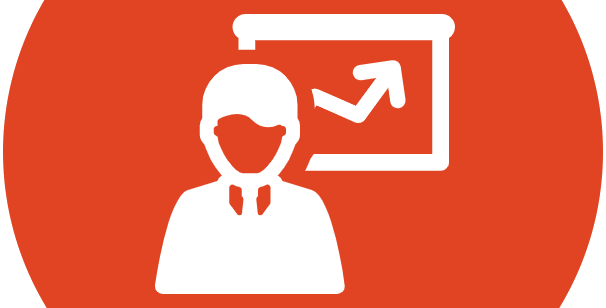
How much cash should I keep in the bank
Introduction
Managing your finances effectively involves making a series of decisions, one of which is determining how much cash to keep in the bank. While the answer to this question can vary from person to person, understanding the factors that influence your decision can help you strike the right balance between liquidity, security, and investment. In this article, we’ll explore the considerations that can help you decide how much cash you should keep in the bank.
Emergency Fund
One of the primary reasons to keep cash in the bank is to build and maintain an emergency fund. Financial experts often recommend having three to six months’ worth of living expenses set aside in an easily accessible account. This cash cushion can provide a safety net in case of unexpected events like medical emergencies, job loss, or major car repairs. Having enough cash to cover essential expenses can prevent you from going into debt during challenging times.
Monthly Expenses
Assess your monthly expenses and obligations to determine how much cash you need readily available. This includes mortgage or rent, utilities, groceries, transportation, and any other essential bills. Having enough cash to cover these regular expenses ensures that you can meet your financial commitments without having to dip into savings or use high-interest credit cards.
Income Stability
Your job security and the stability of your income play a crucial role in determining how much cash you should keep in the bank. If you have a steady job and a reliable income source, you may feel comfortable keeping a smaller emergency fund. However, if your income is irregular or uncertain, it’s wise to keep a larger cash reserve to weather potential income gaps.
Financial Goals
Consider your financial goals when deciding how much cash to keep in the bank. If you have short-term goals, such as saving for a vacation or making a down payment on a car, you’ll want to keep more cash readily available. Long-term goals, such as retirement savings, may require a different approach, with more focus on investment strategies that offer potential for growth.
Risk Tolerance
Your risk tolerance is another key factor in determining your cash allocation. Some individuals prefer the security of having a significant cash cushion, while others are comfortable taking on more investment risk to potentially earn higher returns. Assess your comfort level with risk and align your cash reserves accordingly.
Investment Opportunities
Consider the investment opportunities available to you. Keeping too much cash in the bank may result in missed opportunities for growth. While it’s essential to have cash for emergencies and daily expenses, excess cash could potentially be invested in assets like stocks, bonds, or real estate to achieve long-term financial goals.
Interest Rates
Pay attention to interest rates when determining your cash allocation. If you can earn a higher interest rate on a savings account, money market account, or other liquid investment, it may make sense to keep a portion of your cash in such accounts rather than a low-yield traditional savings account. Maximizing the return on your cash holdings can help your money work harder for you.
Review and Adjust
Your financial circumstances and goals will evolve over time. It’s essential to periodically review and adjust your cash allocation accordingly. Life events such as marriage, having children, buying a home, or reaching retirement age can all impact your ideal cash reserve.
Determining how much cash you should keep in the bank is a personal decision influenced by various factors such as emergency fund needs, monthly expenses, income stability, financial goals, risk tolerance, investment opportunities, and interest rates. Striking the right balance between liquidity and growth potential is key to effective financial management. Regularly reassess your financial situation and adjust your cash allocation as needed to ensure your money is working in the best way to meet your goals and provide financial security.
